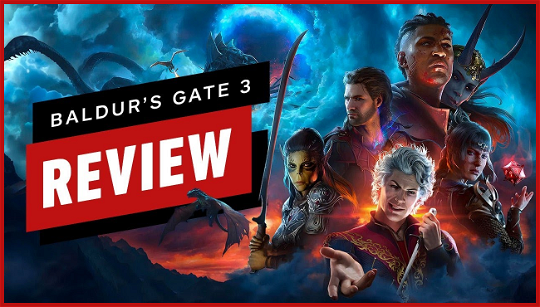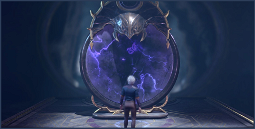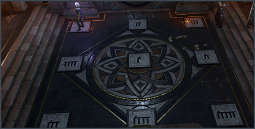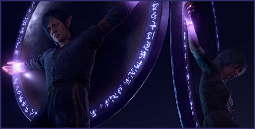Baldur's Gate 3: A Big Gamble That Paid Off
Baldur’s Gate 3 blew up thanks to a big gamble with CRPG standards. Creating a solid game infused with love and passion, without ulterior motives, is considered a big gamble in today’s industry. The graphics push is detrimental to the medium, with players preferring flash and polish over depth and creativity. But, when a game like Baldur’s Gate 3 is released, we all take a step back and marvel at what could be.
Baldur’s Gate 3’s success was not a sure thing. Larian Studios took a gamble by investing a lot of money into the game, knowing that if it was only a mild success, it might be their last. Baldur’s Gate 3 had the name recognition and nostalgia factor to be a huge hit. But, Larian’s devotion to the series, and D&D in general, paid off.
Other Games in the Genre
Neverwinter Nights 2 is worth playing, and still has a legendary modding community. But, it’s a game that has been surpassed by its sequel and the other games on this list. If you want to go back to the Forgotten Realms, I recommend Baldur’s Gate 3 or the original Neverwinter Nights.
Diablo 4 is a cash grab with expensive cosmetic microtransactions, but it’s still better than the ill-received Diablo Immortal. Diablo Immortal was a huge gamble that backfired and reduced the value of the franchise. Diablo Immortal was a small step in the right direction, but the game lacked the polish and quality that Blizzard is capable of.
Personally, I’m not a fan of the direction the series has taken. I’m not a fan of the heavy focus on voice acting and cinematics, which is why I preferred the older games in the series. Diablo 3’s shift from dark, creepy dungeons to colorful, light-hearted worlds was a step in the wrong direction for me. The Diablo series is a great example of how going slow on dream projects isn’t financially viable for publishers.
I’m not a huge fan of Prey, despite it being a masterpiece. Prey didn’t sell well, and that shows that a quality product isn’t always a guarantee of success. Going slow on dream projects is a big risk for publishers because the AAA churn works, with frequent sequels and DLC.
Pillars of Eternity 1 and 2 are great CRPGs, but they sold poorly. This could be due to player preferences shifting away from real-time with pause gameplay, as mentioned above. However, the poor sales of Pillars of Eternity could also be attributed to the poor villain and main story.
Pillars of Eternity had great voice acting, but the series still lacked memorable villains. The main story was also too dark and depressing at the start, which made me quit the game twice when I tried it in the past. I’m not saying the game needs slapstick comedy relief, but the great games balance humor with seriousness and give players a break from constant pressure.
Recommendations
If you like the D&D world, I recommend playing Baldur’s Gate 3, as it’s one of the best RPGs. The sequel is also great, but the classic installment is the best game in the series. Neverwinter Nights 2 is also worth playing, and the legendary modding community is still alive. Diablo 4 is a letdown, but Diablo Immortal was a huge mistake. Diablo Immortal was a small step in the right direction, but it was a huge gamble that backfired and devalued the series.
Prey is a masterpiece, but the game didn’t sell as well as expected. Going slow on dream projects isn’t financially viable for publishers because going big or going home seems to be the best bet. Diablo Immortal was a huge mistake, and the console game will probably be canceled.
}














